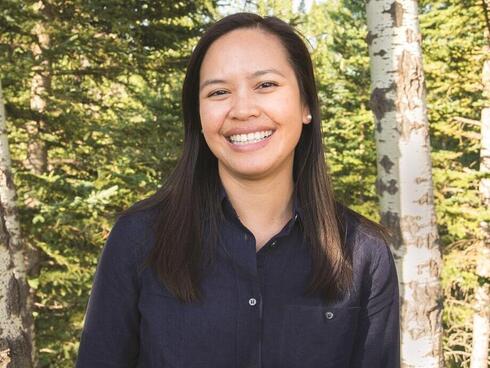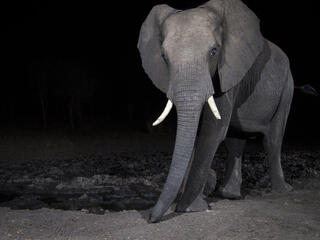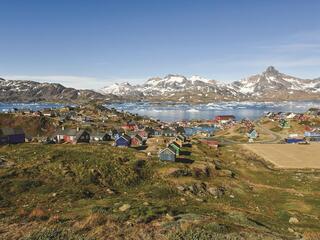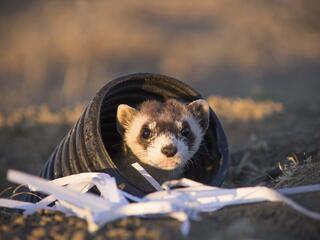These days, I feel at home on WWF’s US Government Relations (USGR) team. I came to WWF after completing a master’s degree in international relations at Syracuse University’s Maxwell School of Citizenship and Public Affairs. As a WWF intern in the summer of 2009, I supported a team of five inspiring individuals who had their fingers on DC’s political pulse and how it affects our conservation goals in the US and abroad. My summer internship turned into a fall internship, which led to the chance to join the USGR team officially, as a policy associate in January 2010. Since then, the team has worked closely on issues ranging from analyzing funding trends for international species conservation to fighting for domestic and international fisheries management policies and laws.
I currently manage our relationships with the US government and lead policy advocacy for the lower 48 states on issues such as agriculture, energy, public lands, and private lands. I work on international freshwater policy, focusing specifically on transboundary freshwater management. In this role, I work closely with teams in DC, Montana, and Bangkok to find policy solutions that allow us to achieve our conservation goals.
As a conservationist, I work every day toward putting myself out of a job—because that would mean that I’ve done something right. Conservation requires collaboration; I strongly believe that if all of us band together it is possible to balance the needs of people and nature for generations to come.
But a goal this big requires partnerships at all levels and across all parts of society: government, corporations, individuals. So it’s my job to stay up to date on the action in our nation’s capital and to share with WWF’s members the ways in which the US government is impacting our conservation goals. It is important to let members know how they can directly create change by contacting their representatives or signing a petition.
That’s my part of the puzzle: to work with US citizens and the US government, and to be a drumbeat for the places, water, and wildlife at stake.



